does he have a future indie? If all that is not mainstream is indie, is it really a musical style with a defined aesthetic? Can a group or artist stop being indie? In recent years we have witnessed the apogee of this apolitical musical trend that has used the new distribution systems to reach a wider audience and has placed names like Franz Ferdinand, Wilco or Pixies, living with those of any world star of the pop or the rock. And all in a context in which there are innumerable media outlets and fanzines that have emerged under the umbrella of this genre.
Fran Fernandez (Francisco Nixon) is clear: "The indie has died of success." The one who has been one of the most notorious musicians of this genre in Spain ⎼the chup chup chup of your group Australian Blonde was a massive hit in the early 90s⎼ confirms the good times that this musical style is experiencing which, despite its (logically) scarce presence in the general media with large audiences, together with the fact that the current situation does not favor the sale of records and more and more concert halls are closing, It is not only more alive than ever, but it is imposing itself and gaining ground in the agendas of the great promoters of live events.
Since it began to take shape a few years ago, Phe Festival he was clear about his commitment to independent music, a genre that more and more people like. But what is really indie? Producers, musicians and critics help us unravel through their opinions and experience.
What is indie?
Nando Cruz he tells us in his book Little Circus. Oral history of indie in Spain (Contra, 2015) that this movement emerged in Spain in the late 1980s, when The move He began to take his last steps. The music journalist explains that it emerged as a current contrary to La Movida, although in his opinion, indie's break with the above "was purely aesthetic", motivated by "a change of tastes", he collects The Cultural. And it is that the referents in which the musicians were fixed at that time were the groups of the post punk or after english punk or in the indie rock American, which was not a transcendental schism: "With the perspective that the years give, I see indie as a nephew of La Movida who studied in England" (El Cultural).
The truth is that the "great debate about what the hell" indie is is not recent. tell us Charles Robles, a high school teacher and known worldwide as the singer of eraser head, a band that swept the 90s, who experienced it on his first “visit to England” back in the summer of 92: “I remember a cover from those weeks of NME with David Gedge from The Wedding Present (he would see him live for the first time more than 20 years later in ¡Garachico! things from crazy Canarian life) asking himself that question 'What is indie?'. This was caused because they had signed for a multi like RCA and the British journalists, very given to classifying and scoring everything, made a mess when it came to putting the band on the mainstream or indie sales charts. Foreigner things”.
Oak trees, also a promoter of festivals such as OCA, Tenerife Inspiration, Colors, Geographies of Sound, Jazzindance, offers us a definition of this term that is very close to that of the author of little circus. “The truth is that 'indie' was a term that was consolidated in the US and the UK in the alternative circuits of popular music at the time, associated with the rise of independent labels that flourished outside the multinationals, just before the advent of the Internet. This temporary coincidence, at a time when those labels gave shelter to the immense batch of bands that took refuge in a kind of advance payment of the DIY naif, heir to the punk, in which guitar playing, rhythmic simplicity and intimate lyrics in their most varied manifestations (of Sabadoh to The Jesus & Mary Chain) caused indie, which is actually a much broader concept, to be associated with a certain musical style, when, in fact, it can refer to a stylistic mark, but it covers a much broader concept”.
The term indie, like 'independent', began as a way, rather than a label, with which music could be differentiated from mainstream, commercial music and the recording industry” (José J. Martín)
Jose Juan Martin Pena, managerial executor in Lagenda, Tenerife Leisure Guide since its foundation and a musician, it is clear: "The term indie, like 'independent', began as a way, more than a label, with which music could differentiate itself from the mainstream, of commercial music and of the record industry”. However, the also author of the blog «musician, record player and tonadillero» 'Pólvora canaria' under the pseudonym Conache acknowledges that as time goes by, this definition becomes more complicated. “Today that line is a bit more confusing and there are many artists who prefer not to cross it. but obviously it is there. There are still indie record labels, indie festivals and independent musical proposals that aspire to never sound on a radio formula”.
Eva Garcia Martin, selector as Eve Oblivion of rhythms ranging from indie to the funky, refers to the term as “a style that we could call 'modern', which encompasses musical genres that are not normally listened to by the masses”, which is why it is also often coined as “independent or independent music”. A self-confessed follower of this current, she understands that there is a link between those who seek, listen and follow this style: "What we are looking for certain types of people are new proposals that make our hair stand on end and one of them is indie" .
Is it really a musical style, an aesthetic or the mixed bag where the unclassifiable ends up?
the cultural journalist Victor Lenore He mercilessly attacks the subversive discourse of the indie in his book Indies, hipsters and glasses (Captain Swing, 2014) and describes it as the soundtrack of global capitalism. Is it true, as you point out Nando Cruz that now “indie seems to be any group of white guys with a guitar”? “It is a cross concept ⎼ answer Charles Robles⎼, parallel to others that already existed or that emerged later such as 'Pop', 'DIY', “'arty' or 'underground'. The Velvet Underground perhaps they were the first great indie group at a time when the term did not even exist, but they meet all the premises, if you want to say, not of genre, but of 'stylistic brand', which encompasses creative proposal and aesthetic and ethical attitude in the search for 'vast minorities', a clear inheritance of the spirit of the avant-garde”.
For the member, along with Leyre Cápsula de Elementary Particles, there is a paradigmatic parallelism with other manifestations mainstream. "Curiously, that brand is well suited to mainstream contemporary popular arts (cinema, music, comics, video) not so much to artistic series more linked to traditional fine arts, with literature remaining in the middle. So indie is the film director John Cassavetes (perhaps the paradigm of the indie creative figure) as Stuart Murdock from Belle & Sebastian”.
the one that exists indie pop, indie rock, indie electro can become "a little confusing" in the opinion of Eve Oblivion, who maintains that it is consubstantial to its nature since "from the moment that indie is declared an independent and not so commercial genre, of course it gives play to all these terms", which are raised by "many bands that do not seek to achieve commerciality but to make the music that they really want”.
Others, like Conache, attribute their ranking to the public. “The indie public is the one that is really independent for being able to decide to listen to something different, regardless of its quality or the musical genre. Perhaps the mixed bag could be the 'underground', which almost by definition should be independent, but more minority”. And he adds: “We all know how a song should sound if it has to climb the charts. Indie would have to be just the opposite”.
Does there come a time when a group or artist stops being indie?
So, if indie is the opposite of commercial, when a group or artist tops the sales charts or fills the big concert venues, does it stop being independent? “Yes, it can happen, but it would be the demonstration that, in reality, they never were and that, probably, they took advantage of the 'brand' to give themselves an interesting shine at certain moments (sometimes it is easier to launch a career from that presumed minority side”, he tells us, critical, Charles Robles, and points to Coldplay as "a textbook case". The same opinion, although more positive, offers us Eve Oblivion, for whom "some do stop" being independent "and some also become part of mass and more commercial artists at some point in their existence." The reason? “I think that fame is very greedy and for the indies too”.
Some indie groups and artists become more commercial; fame is very greedy and for the indies too” (Eva Olvido)»
Jose Juan Martin It speaks of a kind of imposture that the big record labels give to the music that the groups make. "At the time, Dover They were swallowed by mainstream. Were your songs worse when they sounded on radio formulas? I suppose that once a multinational gets their hands on the musical product, independence is over. But I don't think that's entirely true. In the same way we find today big labels like Sacred Bones or Warp that, despite their enormous sales potential, still seem to be on the margins of the industry when in fact that is the industry that I consume. It's a different world, but it's the same."
the future of indie
Within the rise of indie, the inevitable voices that predict its end have already arisen. The indie is dead! And the debate begins… “There will always be artists who do not belong to the most popular currents”, he defends Eve Oblivion, so he does see a future for this current: “There will be artists and bands that continue to make independent proposals. Perhaps they will go on to call them something else, but that will always be there and luckily it exists!
The musician and editor Jose Juan Martin subscribe to the forecast Eve Oblivion. “There has to be that other world. indie is unavoidable, and nowadays any emerging musical proposal is indie, unless you build it on purpose, for example, with the bad idea that it is the song of the summer, or focusing so that it should sound on a record by Big Brother. As long as there is indie there will continue to be an opportunity for good music. Or so I hope."
Without indie we wouldn't be able to understand Katy Perry, or Rihanna, or even proposals as apparently distant as Pxxr Gvng in Spain” (Carlos Robles)
Charles Robles, legendary columnist for more than 10 years on the blog 'Expansion of the battlefield', brings to the debate an integrating vision, successful or not. Thus, he envisions for indie “a future as an integrated part, and already naturalized, as well as a fundamental part of contemporary culture”. In his opinion, it is clear that “without indie we would not be able to understand Katy Perry, neither Rihanna, not even to proposals as apparently remote as Pxxr Gvng in Spain". “With the indie it happened as with the pop culture Hello advertising (as it brilliantly teaches us Mad Men), they were integrated (if we borrow the apocalyptic/integrated dichotomy from Umberto Echo) to become part of our way of relating to culture, art, and even to mark our own social relations”.
Dominant or alternative, elitist or committed, it seems clear that indie is in fashion and has unprecedented media and public support. matter of taste














